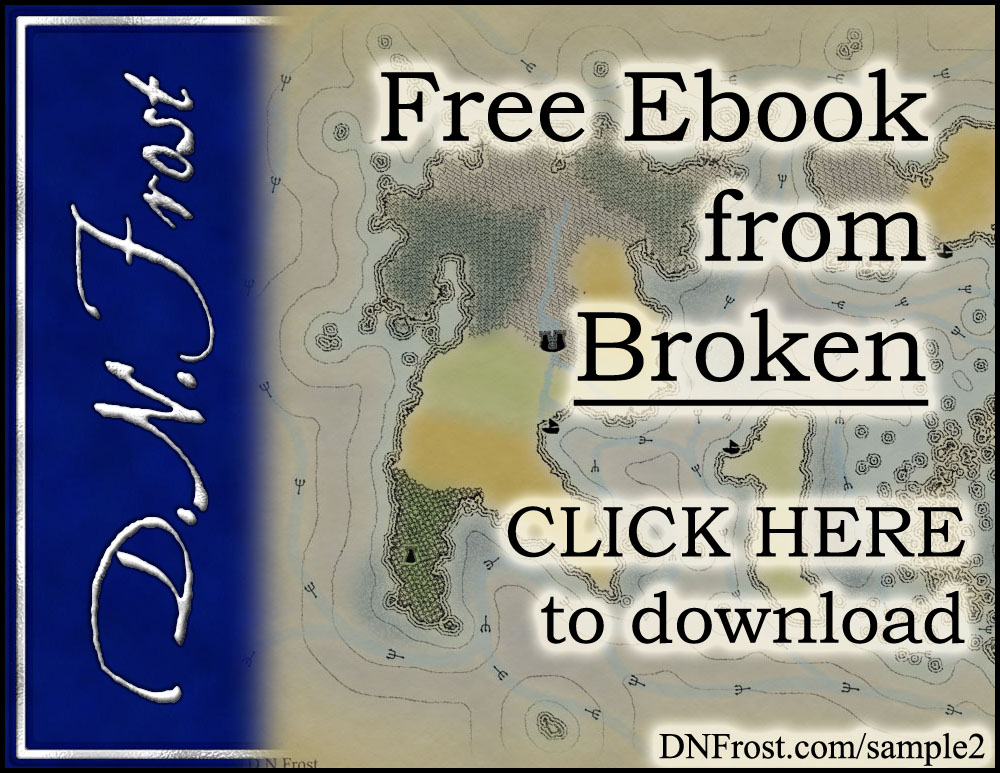This post is Part 5 of a series to augment the Author's Manifesto available for free download. Start with Part 1 here.
This and other inspirations of mine are gathered in the Spark Directory for you to explore.
Find more prophetic poetry in my Portents Directory.
In Part 1 of this series, I triggered a shift in my perspective. Now I began mapping my fictional characters and events from a cosmic viewpoint. Each character was on a journey to enlightenment, interacting and engaging in events from their unique perspectives in place and time.
Events unfolded on two levels: the manifestations of those in physical form, and unexpected events that seemed to be external. From a cosmic viewpoint, however, these external events were integral to the progression of characters toward their ultimate enlightenment, triggered in their best interests, though the characters themselves couldn't know it at the time.
Usually interpreted as luck or chance, I appropriated these deus ex machina events into my cosmic paradigm, and I examined them through the mechanism of prophesy. Within the story, an entire race of merfolk can divine the future. In early stages, this was simply an interesting concept - what would a society be like, if every single person could know the future? But with my new insight into the universal story formula, I explored prophesy in a new way.
Even without prescience, real people correctly predict things about their future all the time. Technically, "I'll be hungry later" is a correct prediction about the future. We create our futures every day, by the things we believe and the way those beliefs inform our interpretations and reactions to events. In essence, we predict what will happen, and our predictions manipulate us into making them come true. In my Tales of the Known World saga, the prophetic merfolk do the same thing by interpreting their ambiguous riddles about the future.
It is the merfolk's vested belief in their interpretation that fulfills a prophesy, not the prophesy itself. The merfolk exacerbate this self-fulfillment by sharing their interpretations with the non-prophetic landfolk, purporting these interpretations as ultimate truth. They even meddle in the affairs of men and kings to cause these events to happen. All of this, as with we humans, is justified under the banner of unerring truth, when really it's nothing more than the blindness of conviction.
That's it for this post! Up Next: The five prophetic ages of the merfolk...
Download the Author's Manifesto here, or start your adventure below.
This and other inspirations of mine are gathered in the Spark Directory for you to explore.
Find more prophetic poetry in my Portents Directory.
In Part 1 of this series, I triggered a shift in my perspective. Now I began mapping my fictional characters and events from a cosmic viewpoint. Each character was on a journey to enlightenment, interacting and engaging in events from their unique perspectives in place and time.
Events unfolded on two levels: the manifestations of those in physical form, and unexpected events that seemed to be external. From a cosmic viewpoint, however, these external events were integral to the progression of characters toward their ultimate enlightenment, triggered in their best interests, though the characters themselves couldn't know it at the time.
Check out this Author's Manifesto for more of my inspirations!
Usually interpreted as luck or chance, I appropriated these deus ex machina events into my cosmic paradigm, and I examined them through the mechanism of prophesy. Within the story, an entire race of merfolk can divine the future. In early stages, this was simply an interesting concept - what would a society be like, if every single person could know the future? But with my new insight into the universal story formula, I explored prophesy in a new way.
Even without prescience, real people correctly predict things about their future all the time. Technically, "I'll be hungry later" is a correct prediction about the future. We create our futures every day, by the things we believe and the way those beliefs inform our interpretations and reactions to events. In essence, we predict what will happen, and our predictions manipulate us into making them come true. In my Tales of the Known World saga, the prophetic merfolk do the same thing by interpreting their ambiguous riddles about the future.
It is the merfolk's vested belief in their interpretation that fulfills a prophesy, not the prophesy itself. The merfolk exacerbate this self-fulfillment by sharing their interpretations with the non-prophetic landfolk, purporting these interpretations as ultimate truth. They even meddle in the affairs of men and kings to cause these events to happen. All of this, as with we humans, is justified under the banner of unerring truth, when really it's nothing more than the blindness of conviction.
That's it for this post! Up Next: The five prophetic ages of the merfolk...
Download the Author's Manifesto here, or start your adventure below.
Liked this? Share, please!



No comments:
Post a Comment